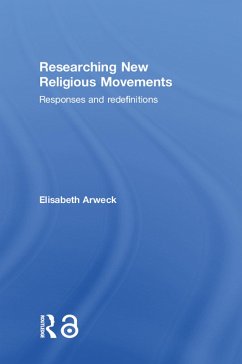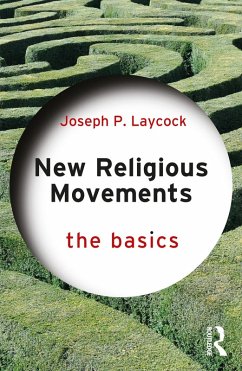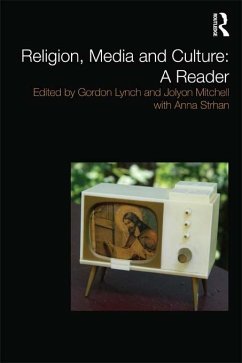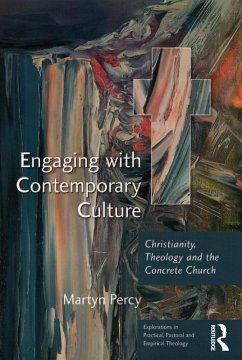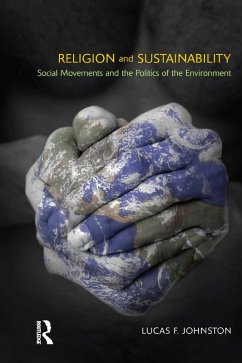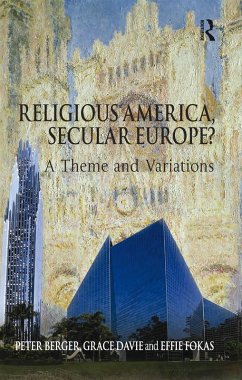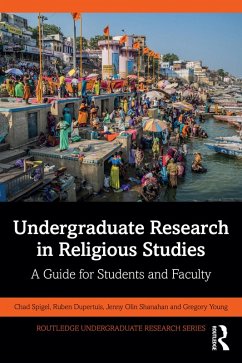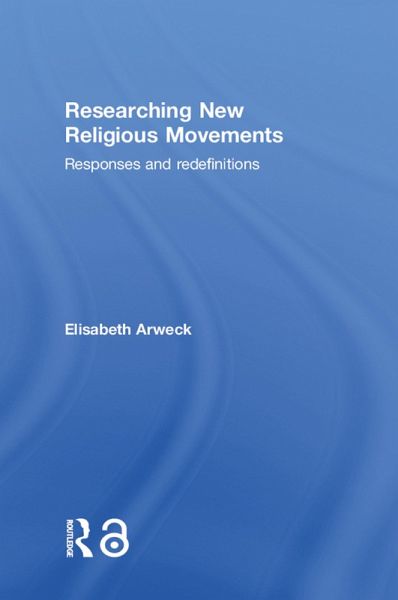
Researching New Religious Movements (eBook, ePUB)
Responses and Redefinitions
Versandkostenfrei!
Sofort per Download lieferbar
0,00 €
inkl. MwSt.
Weitere Ausgaben:

PAYBACK Punkte
0 °P sammeln!
New religious movements such as the Moonies, Jehovah's Witnesses and Hare Krishnas are now well established in mainstream cultural consciousness. But responses to these 'cult' groups still tend to be overwhelmingly negative, characterized by the furious reactions that they evoke from majority interests. Modern societies need to learn how best to respond to such movements, and how to interpret their benefits and dangers. Researching New Religious Movements provides a cutting-edge analysis of the controversy around new religions in America and Europe today. Drawing on original fieldwork, it expl...
New religious movements such as the Moonies, Jehovah's Witnesses and Hare Krishnas are now well established in mainstream cultural consciousness. But responses to these 'cult' groups still tend to be overwhelmingly negative, characterized by the furious reactions that they evoke from majority interests. Modern societies need to learn how best to respond to such movements, and how to interpret their benefits and dangers. Researching New Religious Movements provides a cutting-edge analysis of the controversy around new religions in America and Europe today. Drawing on original fieldwork, it explores the battles between the recruiting factions of groups like the Moonies, and the anti-cult movements and Church societies that have mobilized to oppose these. It considers academic and media interventions on both sides, placing special emphasis on the problems of objectivity inherent in the language of 'sects', 'abduction' and 'brainwashing'. Ideal for students, researchers and professionals, this provocative and much-needed book takes the debate over new religious movements to a newly sophisticated level.
Dieser Download kann aus rechtlichen Gründen nur mit Rechnungsadresse in A, B, BG, CY, CZ, D, DK, EW, E, FIN, F, GR, HR, H, IRL, I, LT, L, LR, M, NL, PL, P, R, S, SLO, SK ausgeliefert werden.




